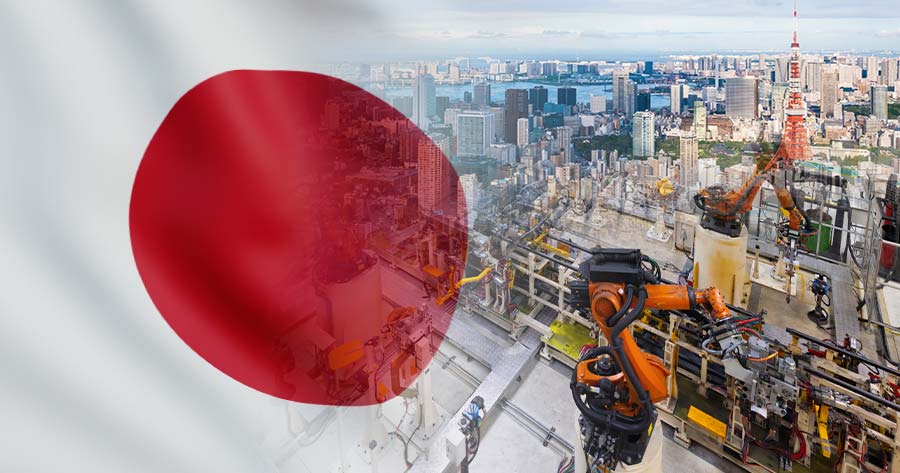Government data revealed that Japan’s core machinery orders unexpectedly dropped for the second consecutive month in May, sparking apprehensions about capital expenditure and the sustainable recovery necessary for the Bank of Japan to consider raising interest rates.
The volatile leading indicator of capital spending witnessed a 3.2% month-on-month decline in May, following a 2.9% decrease in April, defying expectations of a 0.8% increase among analysts polled by Reuters.
The diminishing machinery orders could pose challenges for the Bank of Japan’s efforts to normalize monetary policy, given its recent moves to unwind unconventional policies.
With the BOJ raising rates in March for the first time since 2007 and reducing government debt purchases in June, chief economist Takeshi Minami from Norinchukin Research Institute expressed skepticism about the central bank’s ability to hike interest rates during the upcoming policy review on July 30-31.
Minami suggested that the BOJ might wait until October before considering further rate hikes, as Japanese firms, particularly in the service sector, might become cautious about expanding capital expenditure amid rising wages and investments in labor-saving technologies.
The Cabinet Office downgraded its assessment of machinery orders, indicating a stall in the pick-up trend. This marked the first downgrade since the beginning of the year.
The core orders, excluding shipbuilding, repairs, and electricity power generation, saw a 10.8% year-on-year increase in May, serving as an indicator of capital spending for the next six to nine months.
The data also showed a 1.0% rise in manufacturers’ orders but a 7.5% drop in non-manufacturers, partly driven by decreased demand in the communications industry, while orders for chip-making machinery contributed to the growth in the manufacturing sector.
The government aims to boost domestic investments, including research and development, to surpass 100 trillion yen ($620 billion) by fiscal year 2027.





